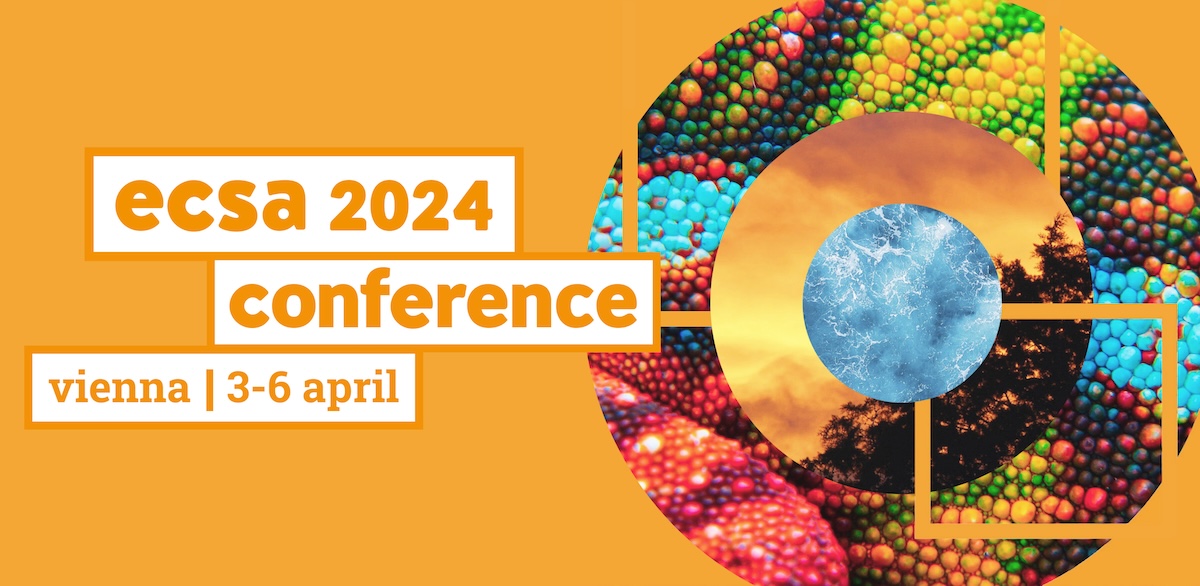European Citizen Science Association (ECSA) Conference 2024
Start: Tuesday 2nd April 2024
End: Friday 5th April 2024
Location: University of Natural Resources and Life Sciences, Vienna
From April 3rd to 6th, 2024, Vienna will play host to the 5th European Citizen Science Association (ECSA 2024) conference, inviting enthusiasts, practitioners, researchers, activists, scientists, policymakers, and artists to join in the celebration of citizen science.
Conference Theme: Change
Under the overarching theme of 'Change,' the conference recognises the current era as one marked by rapid transformations across various spectrums. Change, inherently subjective, can be perceived positively by some and negatively by others, leading to diverse perspectives and conclusions.
Conference Objectives:
Diverse Perspectives on Change: The conference aims to facilitate discussions on the diverse approaches to change, considering various perspectives within the realm of citizen science and participatory research.
Active, Transformative Change: Emphasis will be placed on exploring both active, transformative change initiatives and the observation of change monitored by citizen science across diverse disciplines.
Unlocking the Potential of Citizen Science: The event seeks to underscore the potential of citizen science as a catalyst for change in both research and society. It will delve into how citizen science can serve as a valuable tool to navigate and manage the ongoing transformations in our surroundings.
ECSA 2024 will explore the multifaceted nature of change in the realm of citizen science. The event will not only acknowledge the dynamic nature of our times but actively seek to harness the power of citizen science for positive transformations.
Iliad Participation:
Iliad will be represented by partners Luigi Ceccaroni (Earthwatch), Garabet Kazanjian (American University of Armenia (AUA)), Stephen Parkinson (Earthwatch) and Bente Lilja Bye (BLB). Luigi Ceccaroni will lead a presentation on an abstract submitted by members of the Iliad consortium entitled "Digital Twins of the Environment: opportunities and barriers for citizen science".
The abstract discusses the role of citizen science in the development of Digital Twins of the Environment, particularly focusing on the Iliad project funded by the European Commission. The project aims to create interoperable, data-intensive, and cost-effective digital twins of the oceans and emphasises citizen science as a vital component. The presentation will cover lessons learned from developing environmental and ecological digital twins, including achieving interoperability, managing open citizen-science data, addressing privacy concerns, and defining meaningful citizen engagement in the digital twin development process. The discussion explores potential barriers to adopting citizen science in environmental digital twins and is relevant for those interested in leveraging citizen science for modelling environmental phenomena.
